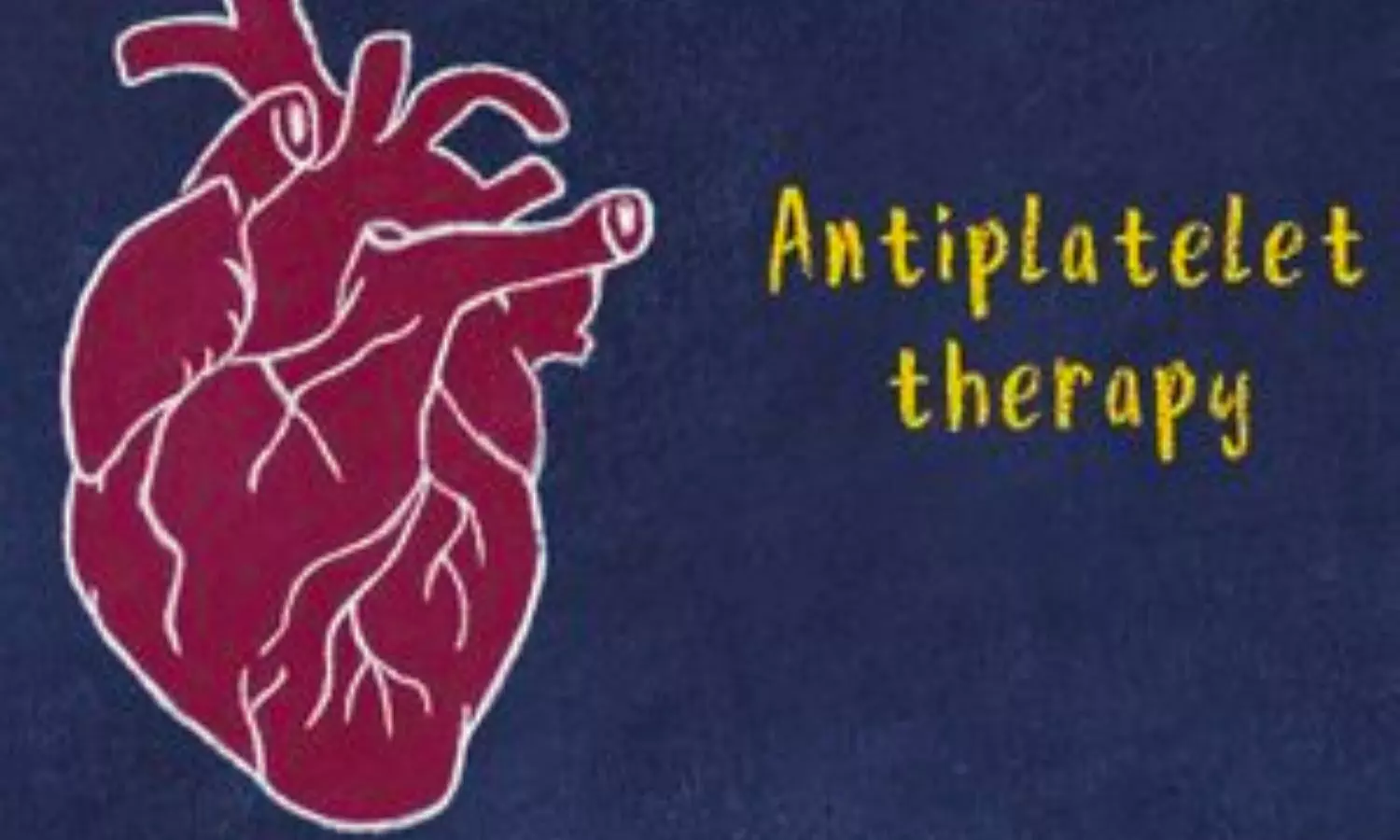- Home
- Medical news & Guidelines
- Anesthesiology
- Cardiology and CTVS
- Critical Care
- Dentistry
- Dermatology
- Diabetes and Endocrinology
- ENT
- Gastroenterology
- Medicine
- Nephrology
- Neurology
- Obstretics-Gynaecology
- Oncology
- Ophthalmology
- Orthopaedics
- Pediatrics-Neonatology
- Psychiatry
- Pulmonology
- Radiology
- Surgery
- Urology
- Laboratory Medicine
- Diet
- Nursing
- Paramedical
- Physiotherapy
- Health news
- Fact Check
- Bone Health Fact Check
- Brain Health Fact Check
- Cancer Related Fact Check
- Child Care Fact Check
- Dental and oral health fact check
- Diabetes and metabolic health fact check
- Diet and Nutrition Fact Check
- Eye and ENT Care Fact Check
- Fitness fact check
- Gut health fact check
- Heart health fact check
- Kidney health fact check
- Medical education fact check
- Men's health fact check
- Respiratory fact check
- Skin and hair care fact check
- Vaccine and Immunization fact check
- Women's health fact check
- AYUSH
- State News
- Andaman and Nicobar Islands
- Andhra Pradesh
- Arunachal Pradesh
- Assam
- Bihar
- Chandigarh
- Chattisgarh
- Dadra and Nagar Haveli
- Daman and Diu
- Delhi
- Goa
- Gujarat
- Haryana
- Himachal Pradesh
- Jammu & Kashmir
- Jharkhand
- Karnataka
- Kerala
- Ladakh
- Lakshadweep
- Madhya Pradesh
- Maharashtra
- Manipur
- Meghalaya
- Mizoram
- Nagaland
- Odisha
- Puducherry
- Punjab
- Rajasthan
- Sikkim
- Tamil Nadu
- Telangana
- Tripura
- Uttar Pradesh
- Uttrakhand
- West Bengal
- Medical Education
- Industry
Aspirin Exclusion from antithrobotic regimen safe in advanced HF patients treated with fully magnetically levitated LVAD

In a groundbreaking international study conducted across 51 specialized centers in nine countries, researchers have uncovered a significant breakthrough in the treatment of advanced heart failure patients utilizing left ventricular assist devices (LVADs). The study focused on the impact of excluding aspirin from the antithrombotic regimen in patients supported by a fully magnetically levitated LVAD, shedding light on safety and bleeding reduction. The study found that In patients with advanced heart failure supported by a fully magnetically levitated LVAD, excluding aspirin from the antithrombotic regimen is not inferior to including aspirin.
The study results were published in the journal JAMA Network.
LVADs have long been recognized for their role in enhancing both the quality and duration of life in individuals facing advanced heart failure. However, the persistent concern of nonsurgical bleeding events has led to the routine inclusion of aspirin and vitamin K antagonists (VKAs) in the antithrombotic regimen for patients with continuous-flow LVADs. This practice has been adopted despite inconclusive evidence regarding its efficacy and safety. Hence, researchers conducted this international, double-blind study to investigate whether excluding aspirin from the antithrombotic regimen for patients with advanced heart failure and a fully magnetically levitated LVAD is not only safe but also reduces bleeding events.
The study was conducted across 51 specialized centers in nine countries, and enrolled 628 patients with advanced heart failure, all equipped with a fully magnetically levitated LVAD. The patients were randomly assigned in a 1:1 ratio, with 314 receiving a placebo and 314 receiving aspirin (100 mg/d). The primary analysis involved 589 patients, with a median follow-up period of 14 months. Patients were randomized to receive either aspirin (100 mg/d) or a placebo in addition to their antithrombotic regimen.
Key Findings:
- The study revealed that patients in the placebo group exhibited a remarkable 6.0% improvement in event-free survival compared to those in the aspirin group at the 12-month mark, establishing noninferiority with statistical significance (P < .001).
- Intriguingly, excluding aspirin was associated with a substantial reduction in nonsurgical bleeding events (relative risk, 0.66 [95% confidence limit, 0.51-0.85]; P = .002), without an increase in the risk of stroke or thromboembolic events.
- Notably, these positive outcomes were consistently observed across diverse subgroups of patients.
The groundbreaking findings from this study suggest that excluding aspirin from the antithrombotic regimen for patients with advanced heart failure supported by a fully magnetically levitated LVAD is not only safe but also significantly reduces the risk of bleeding events. This represents a pivotal advancement in the optimization of LVAD therapy, offering new hope for improved outcomes and quality of life for individuals facing advanced heart failure. The study's results are poised to shape the future landscape of heart failure treatment, emphasizing the importance of tailored and evidence-based approaches in patient care.
Further reading: Mehra MR, Netuka I, Uriel N, et al. Aspirin and Hemocompatibility Events With a Left Ventricular Assist Device in Advanced Heart Failure: The ARIES-HM3 Randomized Clinical Trial. JAMA. 2023;330(22):2171–2181. doi:10.1001/jama.2023.23204
BDS, MDS
Dr.Niharika Harsha B (BDS,MDS) completed her BDS from Govt Dental College, Hyderabad and MDS from Dr.NTR University of health sciences(Now Kaloji Rao University). She has 4 years of private dental practice and worked for 2 years as Consultant Oral Radiologist at a Dental Imaging Centre in Hyderabad. She worked as Research Assistant and scientific writer in the development of Oral Anti cancer screening device with her seniors. She has a deep intriguing wish in writing highly engaging, captivating and informative medical content for a wider audience. She can be contacted at editorial@medicaldialogues.in.
Dr Kamal Kant Kohli-MBBS, DTCD- a chest specialist with more than 30 years of practice and a flair for writing clinical articles, Dr Kamal Kant Kohli joined Medical Dialogues as a Chief Editor of Medical News. Besides writing articles, as an editor, he proofreads and verifies all the medical content published on Medical Dialogues including those coming from journals, studies,medical conferences,guidelines etc. Email: drkohli@medicaldialogues.in. Contact no. 011-43720751




